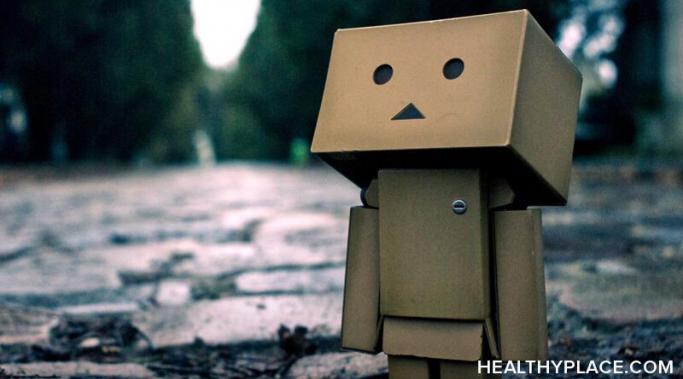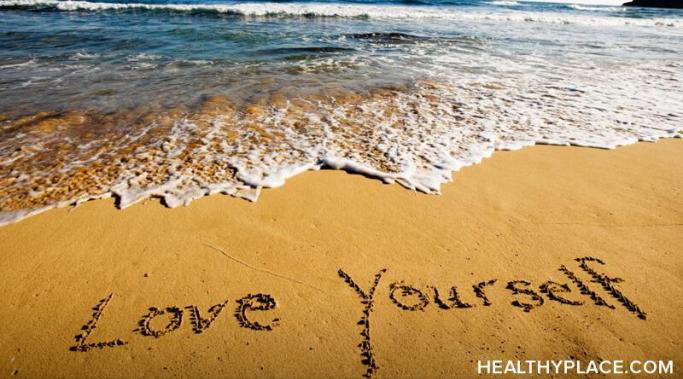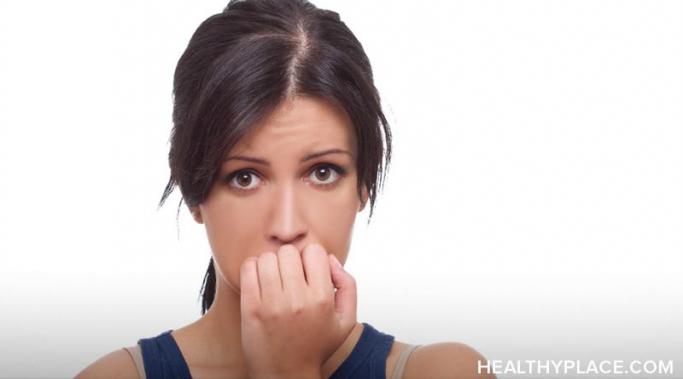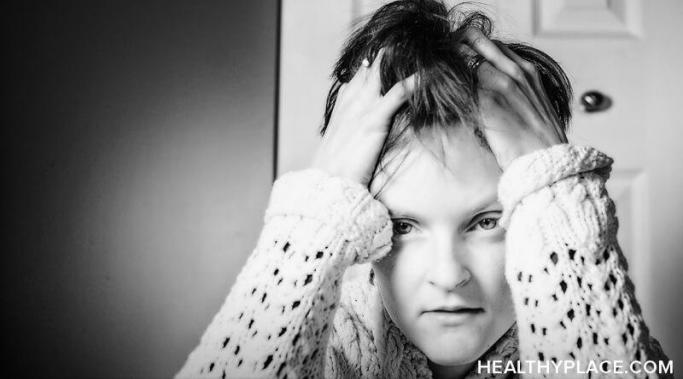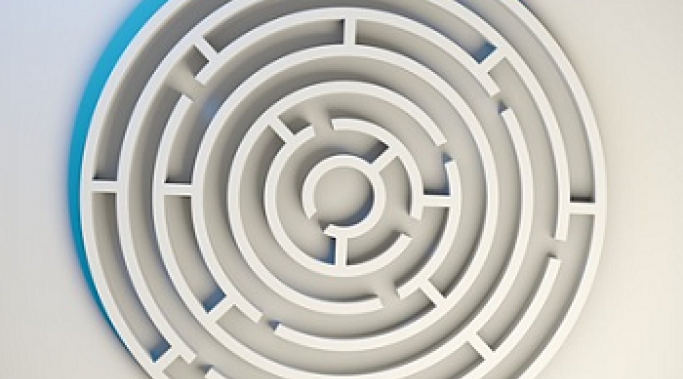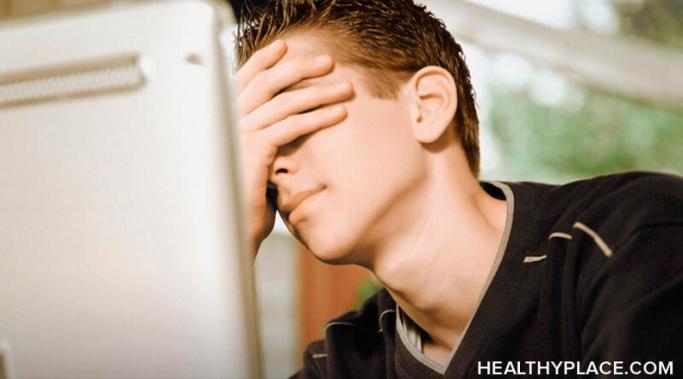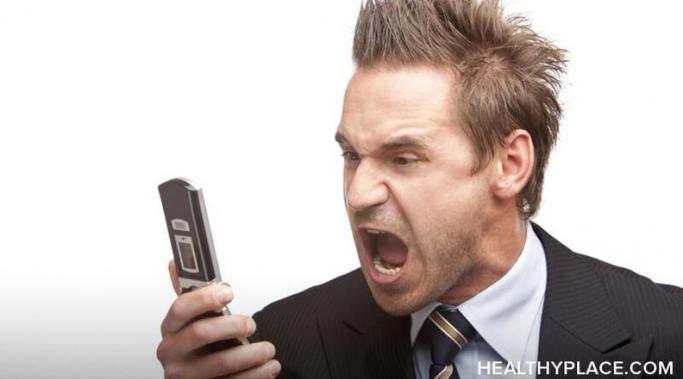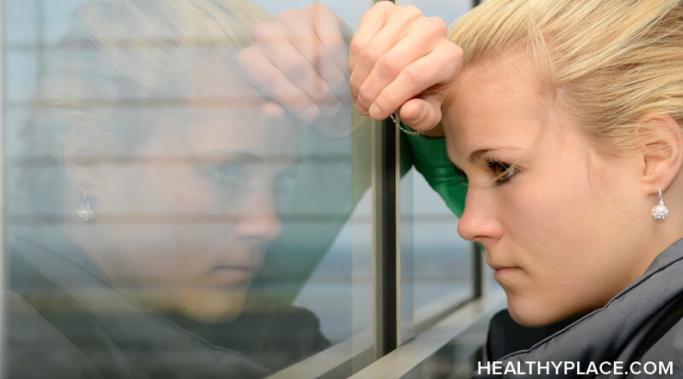Depression causes disconnection from ourselves and our loved ones. It often leaves the one diagnosed with depression feeling emotionally detached, while in the process leaving his/her loved ones feeling hurt and confused (Effects of Depression on Family and Friends). There are some warning signs of disconnection in depression that we, as the ones who battle depression, can look for in ourselves; we can also ask our friends and family to help us notice when they appear, too. Once we've learned to recognize the signs of disconnection in depression, we can take steps to start connecting again.
Depression Symptoms
Many of us face the loss of identity in depression. It feels as if there is a stranger living inside of us. We don't recognize the person we see in the mirror. It's as if depression has stripped us as bare as a tree in the midst of a long, cold winter. It's difficult, but I deal with a loss of identity in depression and so can you.
Comparing ourselves to others worsens depression. When I do it, it adds fuel to my negative thoughts and the descent starts there. I have discovered some ways to keep the comparison beast from taking over my mind and my life and therefore worsening my depression.
Feeling self-conscious when I am depressed is common for me. I worry about every single thing I do and say. I have found hope in the fact that there are ways to lessen this self-conscious feeling when I’m depressed.
Negative thoughts and self-talk are the most frequent symptoms of depression I've experienced. Sometimes, it would take one seemingly small comment or event to propel me back down into the despair of an endless cycle of negative thoughts and self-talk from which it could take weeks or sometimes even months to fully recover. I got so tired of other people, situations, and depression having that kind of power over me. I asked my therapist for some depression coping skills and tools that would allow me to be better equipped to fight this battle. And they're working.
I have been feeling overwhelming depression for the past couple of weeks. Living with a mental illness can make anyone exhausted, turning simple daily tasks into daunting and dreaded foes. My responsibilities loom before me like an abysmal darkness that I cannot escape. Practicing self-care feels impossible. Even thinking about housework or errands exhausts me. Welcome to the hard days of overwhelming depression.
Apathy in depression is the feeling of indifference towards yourself, your life, and those around you (What are the Symptoms of Depression?). Apathy in depression is uncomfortable and disappointing because it makes what you once cared about seem unimportant. My love of being active and working hard has been replaced with a black hole that sucks up my emotions and desires, making me a mess of I-don’t-cares and shoulder shrugs. I fear my apathy in depression and I resent the challenges that indifference creates.
Binge-watching television while coping with depression doesn't mix. I’ve been watching episode after episode of Shameless on Netflix this week and it’s been messing with my ability to cope with my depression. While I can easily excuse watching multiple episodes of a show in a row by calling it creative stimulation or a pleasant distraction from my mental health challenges, it’s a bad idea. Binge-watching TV stops me from moving around and accomplishing things and it works me up emotionally. I usually end up more depressed after binge-watching TV than if I have done something else. When I cope with depression, I try not to binge-watch television.
I have recently been forced to cope with extreme anger as a symptom of depression. Not crabbiness or grumpiness or irritation--anger. Bitter rage intoxicates my brain and makes it impossible to care about anything (Confronting the Dragon: Mental Illness and Rage). I am indifferent, and I’ve never been indifferent. I cannot find enjoyment in anything, and I have always tried to find little joys. Laughter feels foreign and serenity seems like a figment of my imagination. The most infuriating part is that I have no idea why I am so angry, and the anger has created a setback in my process of coping with depression.
Depression has many well-known symptoms, and one of them is how depression makes it difficult to process emotions. This emotional effect is incredibly difficult for me to handle. I was an emotionally repressed child, and I only just started practicing emotional openness in college. I am still learning how to feel in a controlled fashion, how to conduct myself despite intense emotional outbursts, and how to work with feelings instead of against them. And I’m also learning how to cope during the times my depression blows my emotions out of proportion; because, depression complicates my ability to process emotions.

